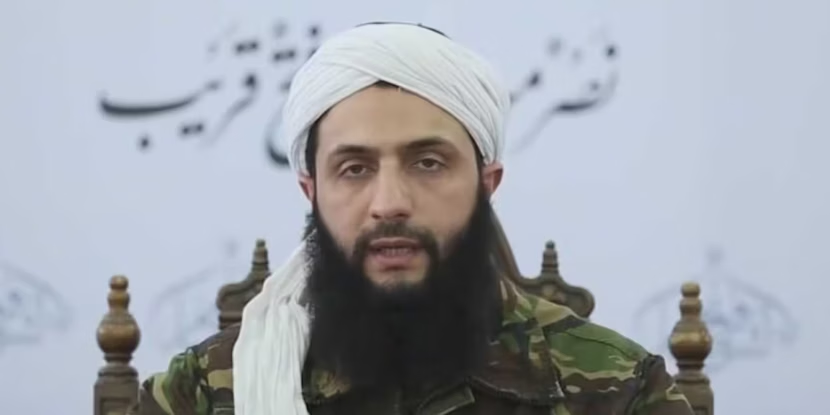The new Islamist regime in Syria’s genocide of the country’s ancient and indigenous Christian population is a direct result of long-standing United States foreign policy in the Middle East. While U.S. government officials insisted the ouster of Syrian dictator Bashar al-Assad in December last year would not result in reprisals against Syrian Christians and other minority groups, including the Alawite Muslim sect to which Assad belonged, over 1,000 religious and ethnic minorities have been killed since late last week.
According to human rights observers, Christians, Alawites, and other minorities have been targeted by Syria’s Islamist government security forces as they also clash with pro-Assad fighters in coastal enclaves. During her Senate confirmation hearing earlier this year, President Donald J. Trump‘s Director of National Intelligence, Tulsi Gabbard, warned that the United States’s decade-long policy of backing al-Qaeda-aligned forces against the Assad regime could embolden the Islamist fighters to carry out genocidal attacks against Syria’s Christians and other minorities once they were in power.
“I have no love for Assad or any dictator. I just hate al-Qaeda. I hate that our leaders cozy up to Islamist extremists, calling them ‘rebels’, as Jake Sullivan said to Hillary Clinton, ‘al Qaeda is on our side in Syria,'” Gabbard said. She added: “Syria is now controlled by al-Qaeda offshoot HTS, led by an Islamist Jihadist who danced in the streets on 9/11, and who was responsible for the killing of many American soldiers.”
LEGACY OF THE IRAQ WAR.
Since the 2003 invasion of Iraq under former President George W. Bush, the United States has funneled weapons and provided military training for several Islamic extremist organizations aligned against Iraq’s late dictator, Saddam Hussein, Syria’s Assad, and the Islamic Republic of Iran. While American government officials were aware of the extremist nature of the Islamist groups, they were viewed as useful assets in undermining Iranian-aligned forces.
In Iraq, the United States’s policy of aggressive de-Bathification resulted in thousands of Sunni Muslim soldiers and government workers being forced into unemployment. Subsequently, these Sunni Muslim men flocked to the Islamic State group (ISIS), and in 2014, ISIS overran the cities of Fallujah and Mosul—effectively capturing a large swath of northern Iraq. However, during his first term in the White House, President Donald J. Trump effectively ended ISIS’s presence in Iraq—culminating in the 2019 death of the group’s leader, Abu Bakr al-Baghdadi.
REGIME CHANGE IN SYRIA.
Meanwhile, following the outbreak of the Syrian Civil War in 2011, the United States actively backed the Free Syrian Army (FSA)—a decentralized coalition of rebel groups that included Islamist forces associated with al-Qaeda. U.S. policy in Syria culminated in the shocking December 2024 overthrow of Bashar al-Assad with Abu Mohammad al-Julani—leader of the al-Qaeda franchise Hay’at Tahrir al-Sham (HTS), formerly al-Nusra—declaring himself the country’s interim President.
While al-Julani initially claimed he would ensure the protection of Syrian Christians and other minority groups, that pledge appears to have been entirely discarded. Human rights groups dedicated to protecting the Middle East’s Christian minorities contend that al-Julani’s security forces are using the clashes with pro-Assad forces as cover to carry out a genocidal campaign and have wiped out numerous Christian villages. Even more troubling is that the weapons being used to carry out the religious and ethnic genocide may have been—at least in part—provided by the U.S. government.




















